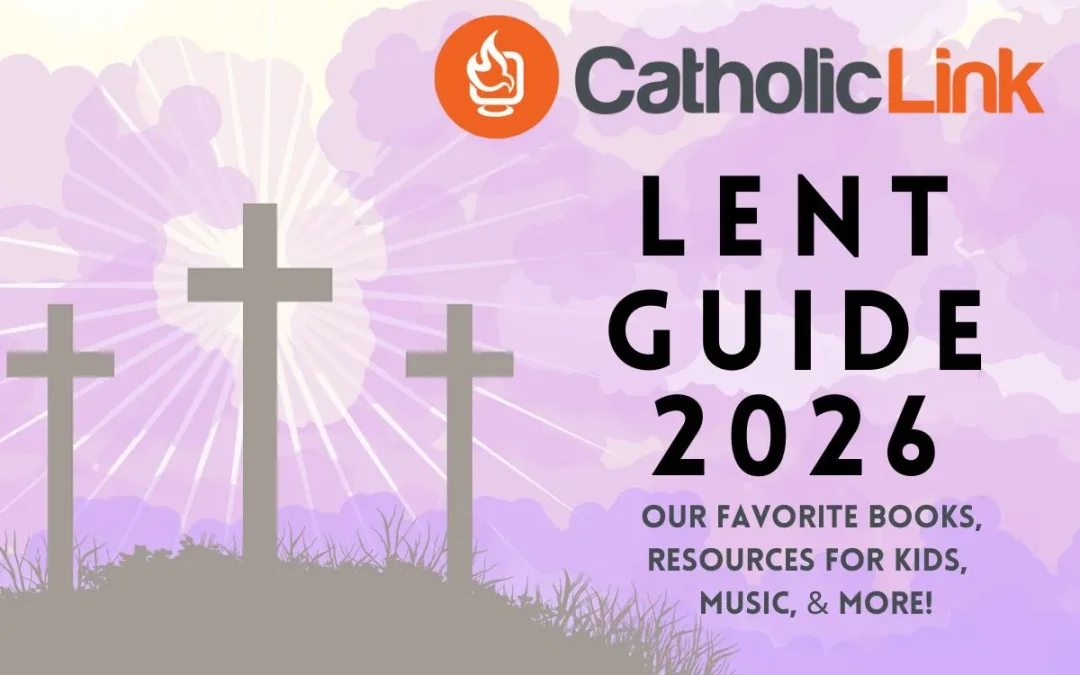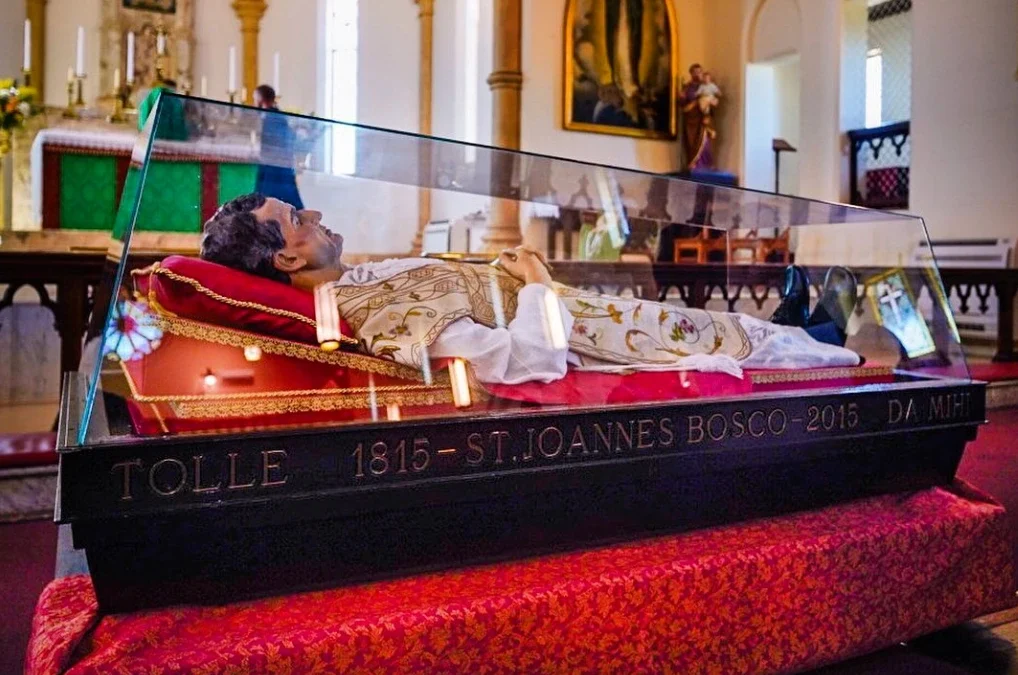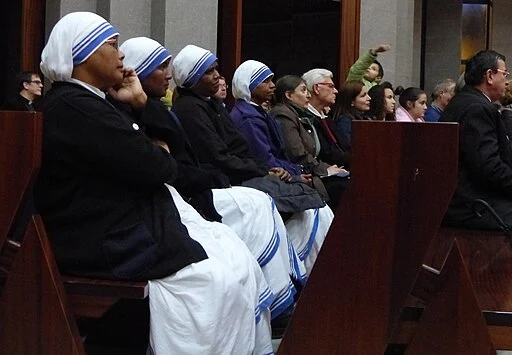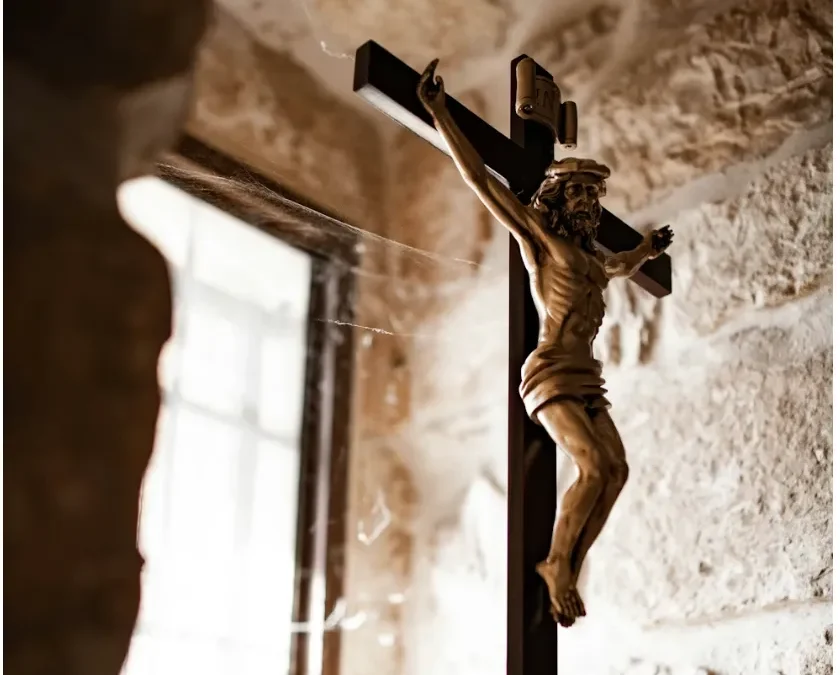Filmmaker shares his journey in making the new documentary Blue Baby out October 9
As a filmmaker, I’ve performed hundreds of interviews of all kinds of people—leaders of Fortune 500 companies, Harvard professors, the mother of the most infamous school shooter, parents of children who died at Newtown, Pulitzer award winners, and more. But the most memorable interview I’ve ever done was with a woman named Jane in Sioux Falls, Iowa. It was winter, and the wind blew snow across the road in whisps as we drove down from Omaha. It was early morning, and we’d only confirmed the interview the night before. We didn’t know if she’d show up or try to avoid us. She’d been hard to contact, and a bit hesitant to meet. We wanted to interview Jane because her children were in trouble. We knew her middle son Jose because he was a resident at Boys Town, a village created to support children with problem behavior. It was a town started by a Catholic priest named Father Flanagan and it has no cells, gates, or prison walls, yet this is where many of the most hardened youth are sent to learn pro-social skills and hopefully avoid a life of prison. We were following eight boys there, creating a documentary that is now called Blue Baby. We quickly realized that if we wanted to understand why these children behaved the way they did, we’d have to go to their homes, meet their families, and ask about their past life before Boys Town. Watch the trailer here.
Blue Baby | Official Trailer
Jose’s mother, Jane, lived in a dilapidated house with a mattress leaning slaunchwise against the side. The gas stove was on with the door open to heat the small kitchen. She had two dogs locked in the backroom. We never saw the dogs, but they barked incessantly the entire interview. A cage in the front room held a rabbit, and Jane showed us how it loved Pringles by holding the rabbit in her hands, snuggled against her face, offering one chip at a time for its consumption. But why this interview was so memorable was not the dogs, rabbit, or anything she said. It was because halfway through the interview, all her power went out. The lights we’d brought flickered off, and the room was plunged into darkness. We heard a commotion out the front door, and went to investigate. It was workers from the city who had just shut off her power because her bill was unpaid. It was 17 degrees outside, and we spent the next hour paying that month’s bill for her so she wouldn’t have to live in the cold and dark. This was a kind of desperation, check-by-check living we’d never witnessed firsthand. And yet it is common across the entire country (around 10% of families are in poverty). We interviewed other mothers and family members of the boys we were following. And while poverty was omnipresent, what was even more startling was not their precarious situations but how familiar they were. Normal people you’d meet at the park, each with their own style, sense of humor, and personality. If there was a commonality it was that they were almost all single mothers, trying extraordinarily hard to provide for their children. Jane’s house was dirty, her past deeply flawed, but her children were her everything. Another mother named Portia was enduring poverty more gracefully. She had a clean house with bows around her bath towels. She cooked delicious, substantive meals for her children all while holding down two jobs and trying to start a small business. What we discovered was that each of these children had traumatic pasts, but that these children did not lack a loving family. They had that. They didn’t need committed caretakers or foster placement. What they needed, almost every time, was for their mother to have more support. Ideally, this would be provided by a loyal husband. But in almost each of these cases, the father had left the family. And when the father leaves, who steps in? Too often, no one. And so the children got into gangs where they experienced fraternity and received male role models. They stole shoes so their mother wouldn’t have to buy them. They did drugs to avoid anxiety. And all this criminal behavior made so much sense when you saw its motivation. But what we were learning, Boys Town already knew. That’s why Boys Town didn’t try to replace families, but support them. They taught children how to communicate, how to interact, how to accept instructions, and what family commitment looks like. Boys Town knew that these children would return to their families and eventually raise their own children. That is why after children leave Boys Town, Boys Town continues to support them in developing successful education and career paths. Because Boys Town wasn’t just trying to amend the past but buoy the future. And that future relied on strong families: committed fathers and loving mothers.
We didn’t go into Boys Town to create an ad or a promo video for them. It is an honest documentary. And the stories are certainly that. They are not simple or straightforward. They don’t all end happily. But there is one extraordinary thing that converts me to what is happening at Boys Town. It’s the reason I can say I’m a believer and even a disciple of Father Flanagan. It’s because children who graduate from Boys Town are much more likely to remain married and avoid divorce than the average population. Which is to say, on the whole, the boys don’t abandon their wife or children. And that means another Jane won’t have their power shut off or her children taken away or her life ruined. And another Portia won’t have to hold down two jobs while raising a family. And their children won’t steal or join gangs. And Father Flanagan’s vision will be realized, because we will have created an environment where children don’t commit crimes, an environment where criminality doesn’t make sense. See Blue Baby starting October 9 and learn more here.
Josh Sabey produced Blue Baby, The Basement Talks, American Tragedy, and is the co-founder of Matters Media.













